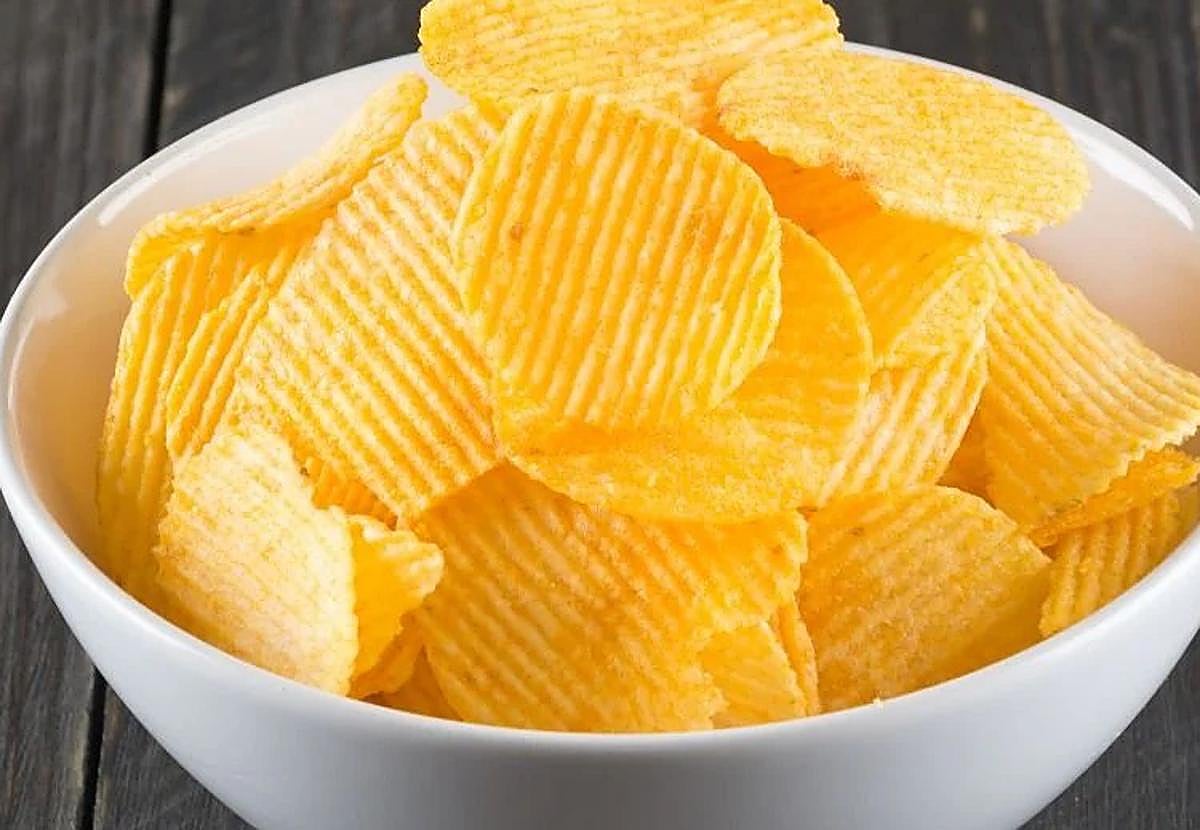Will ham-flavoured crisps disappear? The European Commission responds
The EU has banned the use of eight additives that impart a smoky flavour to certain products
The 27 EU countries backed the European Commission's proposal last April not to renew the authorisation of a total of eight additives that give a smoky flavour to a variety of food products, including soups, sauces, drinks, ice cream, confectionery products, and potato crisps, in particular those flavoured with ham. Those that undergo a traditional smoking process, such as salmon, do not fall into this group.
As a result of this decision, the idea has spread like wildfire that this type of snack is on its last legs. It has caused such a stir that even the European Commission, faced with claims such as: "The EU is banning ham-flavoured crisps", has come out to clarify the matter.
Are ham-flavoured crisps going to disappear? The answer is a resounding "No". The EC explains that what has been banned is the use of "certain smoke flavouring additives used in their production, so that a recipe that does not include these additives will allow them to continue to be produced".
Moreover, producers will not have to adapt immediately to this new situation, but will have five years to do so for foodstuffs where smoke flavourings replace a conventional smoking process, and two years for those products where smoke flavourings are used to "add" flavour, such as ham-flavoured potato crisps.
Reasons for this decision
The European Food Safety Authority (EFSA) requires that the safety of so-called smoke flavourings be evaluated before they can be placed on the market. In addition, those that are placed on the market must be re-evaluated before the end of their authorisation period.
The eight products that the EU-27 finally decided to ban have been marketed in the EU for the past ten years and the applicants asked the European Commission to extend their authorisations for another ten years. Before approving this authorisation, they were subjected to a new evaluation using a different methodology than in the past, recommending that if a single component of a complex mixture (such as smoke flavourings) is confirmed to be genotoxic, the whole mixture should be considered genotoxic. The conclusion was that six of the smoke flavourings evaluated contained genotoxic substances and therefore raised safety concerns. Safety concerns could not be ruled out for the other two due to lack of data.
What are the health risks?
Genotoxicity is the ability of a chemical to damage the genetic material of cells. These changes or mutations in the genetic information contained in a cell can increase the risk of developing diseases such as cancer and inherited diseases.
Although the likelihood of these effects depends on several factors, such as genetics and dietary habits of an individual, and although EFSA has not investigated the possibility of such harmful effects occurring as a consequence of the consumption of foods flavoured with smoke flavourings, EFSA's conservative approach in its evaluations led it to take into account the worst-case scenarios and to recommend a ban on these eight smoke flavourings: Zesti Smoke Code 10 (SF-002); Fumokomp (SF-009); SmoKEz C-10 (SF-005); Smoke Concentrate 809045 (SF-003); proFagus Smoke R709 (SF-008); proFagus Smoke R714 (SF-001); SmokEz Enviro-23 (SF-006); and Scansmoke SEF7525 (SF-004).
This recommendation was endorsed by all 27 EU member states in April.

